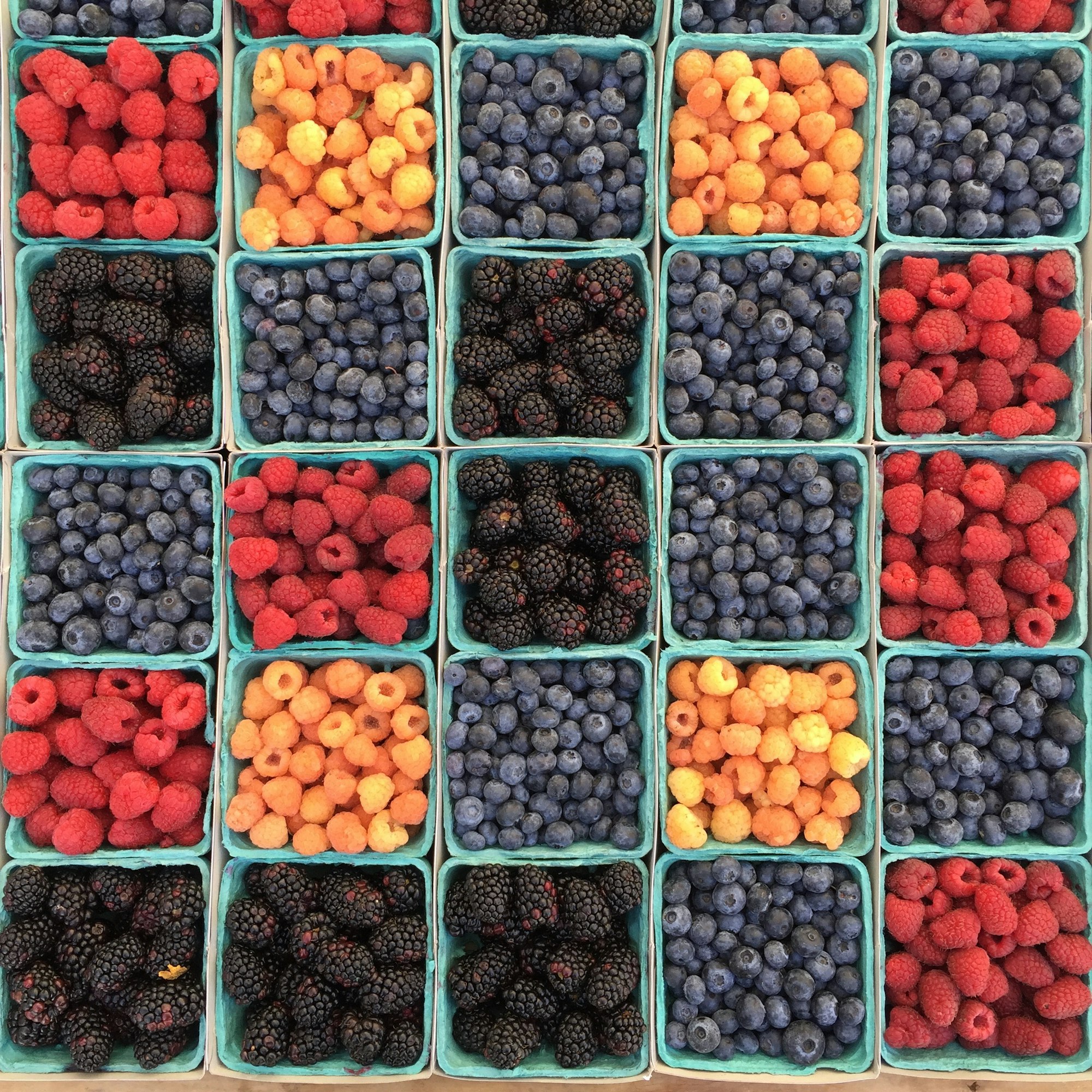You have a lot of options.
You have more options than you think, and possibly more than you need.
"The explosion of available goods has only made time feel more crunched, as the struggle to choose what to buy or watch or eat or do raises the opportunity cost of leisure (ie, choosing one thing comes at the expense of choosing another) and contributes to feelings of stress. The endless possibilities afforded by a simple internet connection boggle the mind. When there are so many ways to fill one’s time, it is only natural to crave more of it.” — The Economist
"Our options may be things, but a choice—a choice is an action”.
This post is for subscribers only
Sign up now to read the post and get access to the full library of posts for subscribers only.
Sign up now
Already have an account? Sign in
